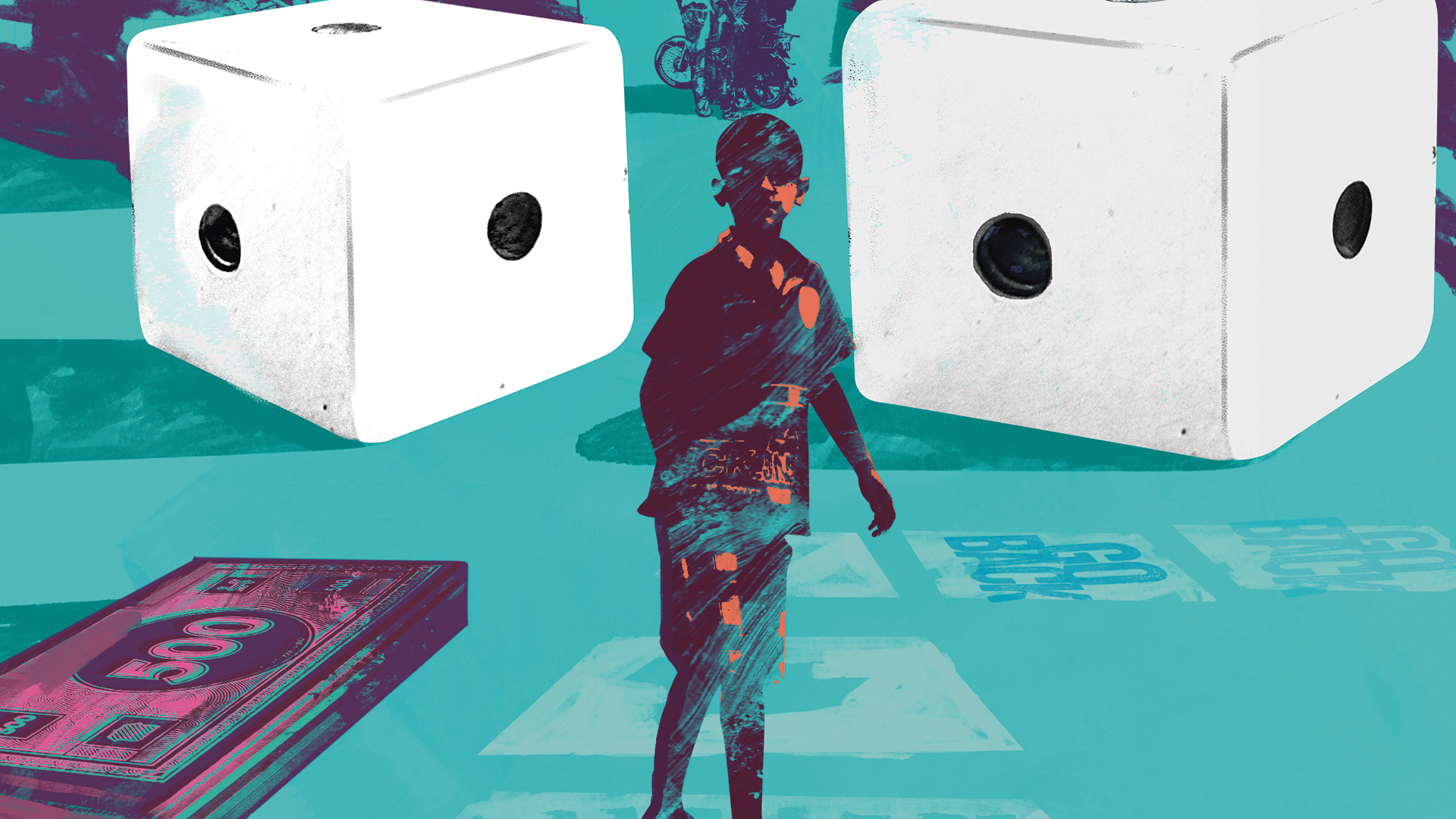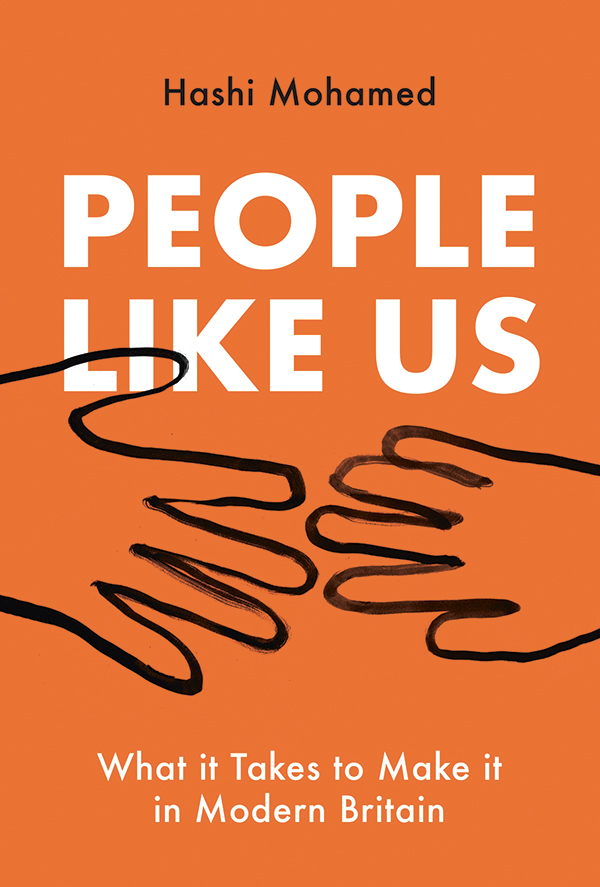What does it take to make it in modern Britain? Ask a politician, and they’ll tell you it’s hard work. Ask a millionaire, and they’ll tell you it’s talent. Ask a CEO and they’ll tell you it’s dedication. But what if none of those things is enough? What does it therefore mean to be socially mobile?
We live in a society where the single greatest indicator of what your job will be is the job of your parents. Where power and privilege are concentrated among the seven per cent of the population who were privately educated. Where, if your name sounds black or Asian, you’ll need to send out twice as many job applications as your white neighbour. And if your health outcomes early on are poor and you’re homeless, this makes matters even more dire.
I know something about social mobility. I am a barrister who was raised on benefits and attended some of the lowest-performing schools in the country, in the rough and deprived London borough of Brent.
In People Like Us I argue that far from being typical, my own story is an anomaly. Rather than something which could be emulated by others in Britain today, it is an exception which brings the rule into sharp focus.
The success I have achieved is far from easily attainable to the vast majority of people out there; and that’s because such a success is usually determined by the parents to whom you’re born and the circumstances which dictate your destiny.
At the age of nine, I arrived in the UK as an unaccompanied child refugee who had just buried his father. Not understanding anything about the new country I would call home, I barely spoke any English and was completely disoriented. I grew up moving from one squalid council accommodation to the next for most of my childhood.










